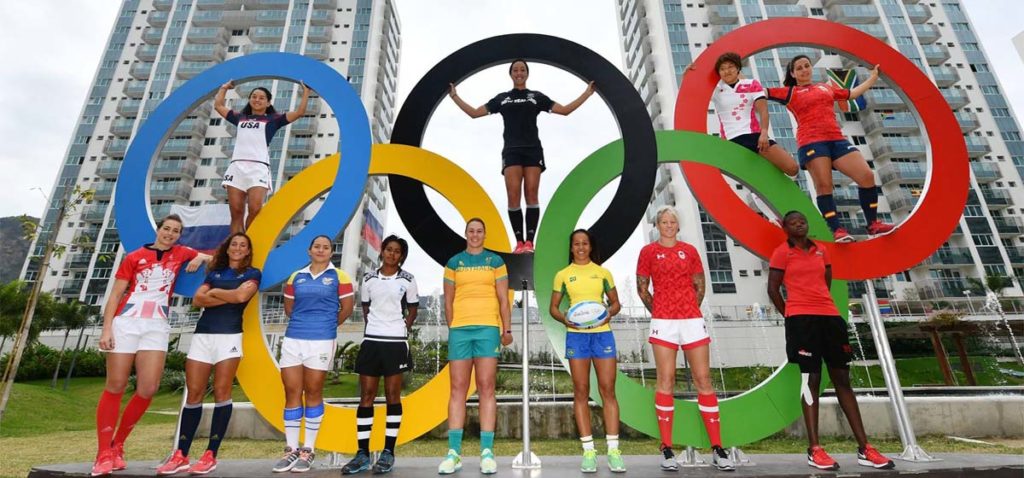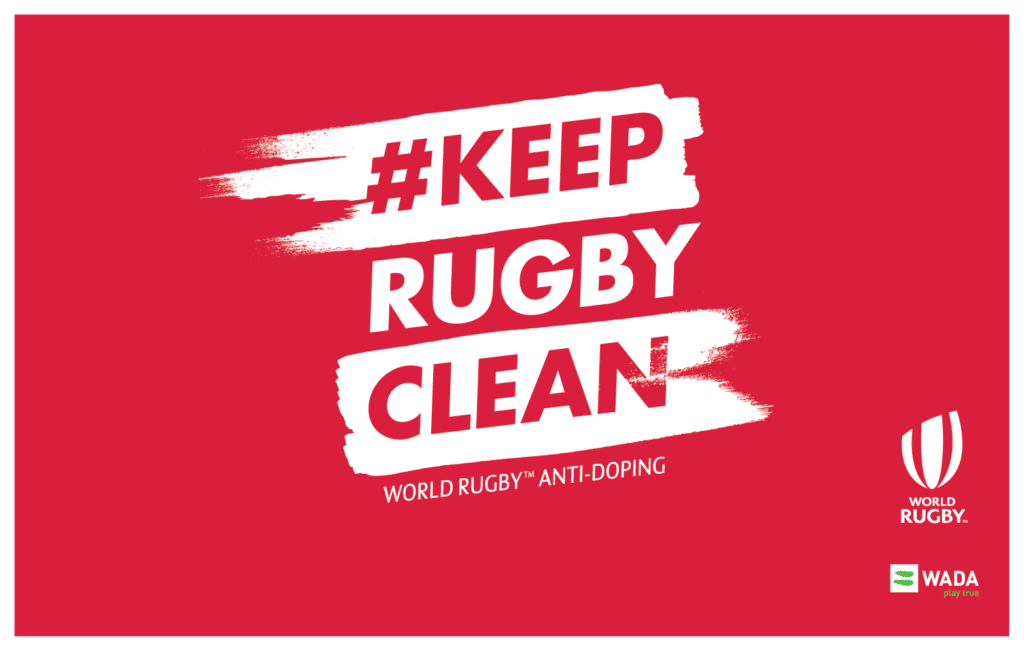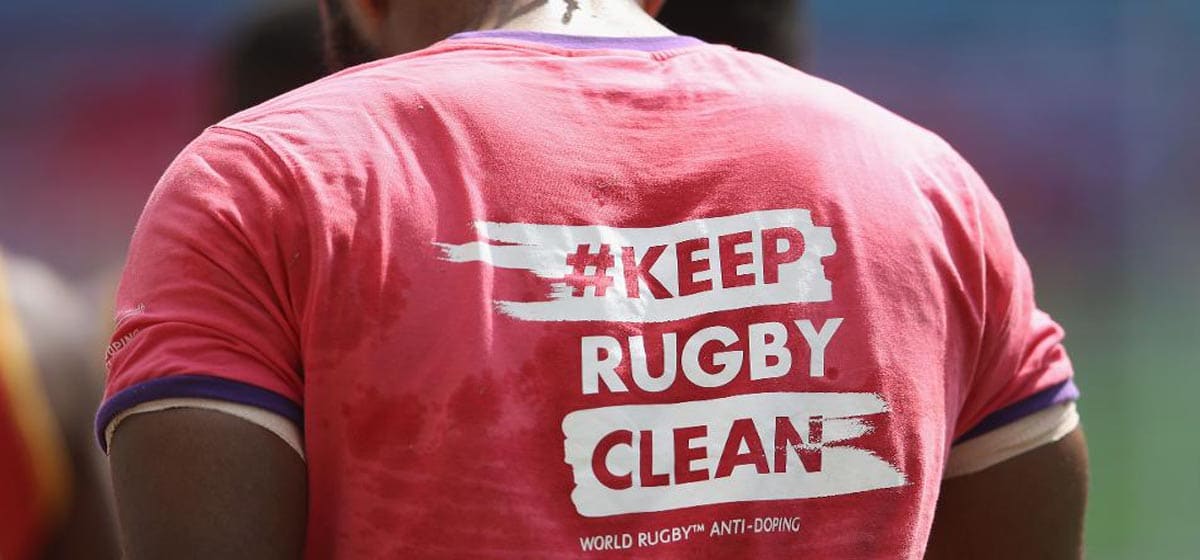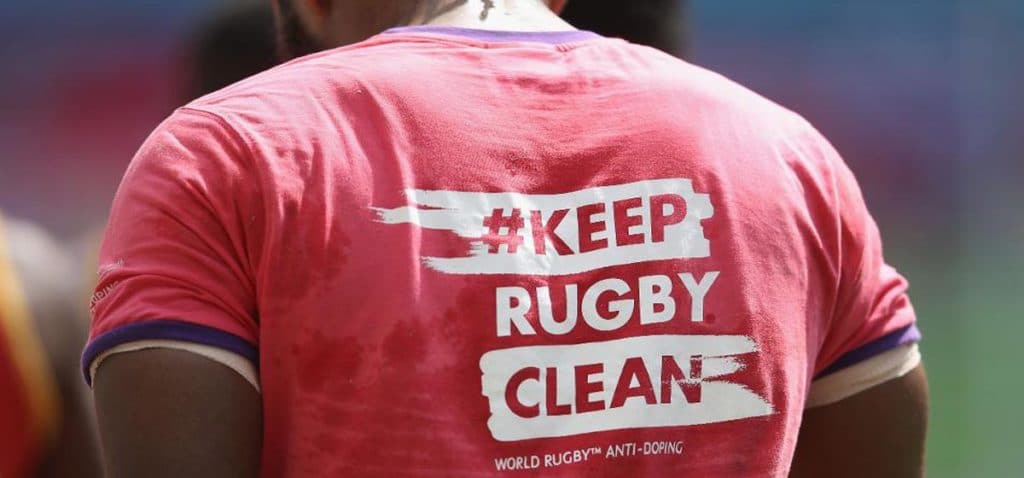World Rugby has announced details of its 2016 anti-doping testing and education programme (Keep Rugby Clean) , the most scientific and comprehensive programme ever operated in the sport.
The comprehensive in and out-of-competition programme, run in partnership with national member unions, national and regional anti-doping organisations, saw 2,387 blood and urine controls undertaken across men’s and women’s sevens and 15s programmes
Keep Rugby Clean
Programme highlights:
- Fully intelligent, risk-based programme combining testing and education
- 2,387 controls taken during the year with 77 per cent taken out of competition
- 1,289 in and out-of-competition pre-Olympic Games tests on sevens players
- Tests undertaken across 65 nations
- 47 per cent of samples collected were subjected to additional analysis for either erythropoiesis stimulating agents (ESAs), growth hormone (GH) or growth hormone releasing factors (GHRFs)
- Cases relating to nine anti-doping rule violations during the period completed
- Keep Rugby Clean education delivered to 6,400 players and team personnel (T&E)
- Strategic long-term storage of samples providing opportunities for future re-analysis
Significantly, 77 per cent of all controls were taken out of competition and aligned to a targeted, intelligence-based regime. In total, 221 blood samples were collected, while 47 per cent of all tests (excluding biological passport) were subjected to further analysis, including ESAs, GH and GHRFs.
Haematological and steroidal biological profiling continued across the sport with 280 additional blood passport samples collected, reflecting a programme that has operated effectively since 2013. Continued commitment to a comprehensive sample storage and re-analysis programme continues to provide a strong deterrent for elite players.
Other 2016 programme highlights include a comprehensive pre-Olympic Games programme with 1,289 samples collected, 83 per cent out of competition. Each player who competed at Rio 2016 was tested an average of 2.3 times in the period 1 January to their entry into the athlete village.

Complementing its testing programme, World Rugby delivered face-to-face Keep Rugby Clean education to 1,400 players, while a further 5,000 players and support staff completed the mandatory e-learning modules.Anti-doping continues to reach and engage with young elite and community players through World Rugby’s extensive social media channels and its flagship Keep Rugby Clean website with new films launched during the year and now available HERE.World Rugby Chairman Bill Beaumont said: “Doping is currently one of the biggest threats to the integrity of sport and World Rugby continues to be committed to protecting clean athletes through intelligent testing and values-based education.
“Our 2016 anti-doping programme reflects this commitment. It was the most scientific and targeted we have every operated. However, we are not complacent and we must continue to deter cheats and educate aspiring rugby players that there are no short cuts to the top.”
CLICK HERE FOR 2016 WORLD RUGBY YEAR IN REVIEW >>
World Rugby Anti-Doping General Manager Mike Earl added: “World Rugby is committed to effective, risk-based anti-doping testing, and we take our role very seriously to ensure that players at all levels of the game understand the importance of competing clean and that those who choose to cheat are detected and removed from our sport.
“This comprehensive programme, featuring a more than 3:1 proportion of out-of-competition versus in-competition testing, haematological and steroidal biological passports, and additional analysis conducted on 47 per cent of all samples collected, reflects our commitment to utilising all available tools for effective testing and analysis in this important area.

“2016 was the most scientific and comprehensive programme ever operated in our sport. Rugby is proud to work in partnership with our NADO and RADO colleagues and to support WADA to ensure the best-possible standards within rugby globally.”



